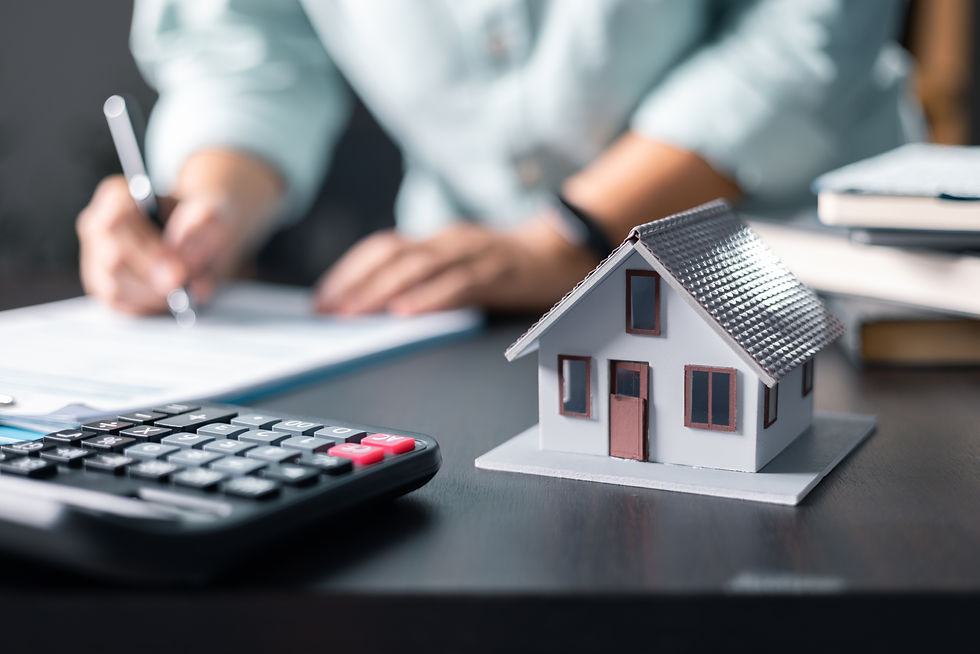How Much Can You Really Afford? A First-Time Buyer’s Guide to Budgeting for Your First Home
- Aug 22, 2025
- 2 min read
Buying your first home is an exciting milestone but it can also feel overwhelming when it comes to working out exactly how much you can afford. At Cleveden Park Wealth, we specialise in guiding first-time buyers through the process, making sure you have a clear picture of your budget before taking that big step onto the property ladder.
Here’s what you need to consider when setting your home-buying budget.
1. Affordability Checks – What Lenders Look At
Mortgage lenders don’t just look at your income, they look at your overall financial situation.
Key factors include:
Your income – salary, bonuses, self-employed earnings, or other regular income.
Your outgoings – monthly bills, loan repayments, subscriptions, and credit commitments.
Your credit history – a strong credit score can improve your borrowing power.
Stress testing – lenders also check whether you could still afford repayments if interest rates rise.
A general rule of thumb is that you can usually borrow around 4 to 4.5 times your annual income, though this varies by lender and your circumstances.
2. The Deposit
Saving for a deposit is often the biggest hurdle for first-time buyers. Most lenders will expect at least 5–10% of the property value as a deposit, though a larger deposit may secure you a better interest rate and lower monthly repayments.
Tip: Using a Lifetime ISA could help boost your savings, with a 25% government bonus on contributions (up to £4,000 per year).
3. Hidden Costs to Factor In
It’s not just the deposit and mortgage repayments - there are several other costs that can take first-time buyers by surprise:
Stamp Duty Land Tax (SDLT): First-time buyers get relief on properties up to £425,000, and reduced rates up to £625,000.
Solicitor or conveyancing fees: Typically £1,000–£1,500.
Valuation and survey costs: From £300 to £1,000, depending on the property and survey type.
Mortgage arrangement fees: Some lenders charge upfront, while others roll it into your mortgage.
Moving costs: Removals, storage, and even furnishing your new home all add up.
4. Setting Realistic Expectations
It’s easy to get caught up in excitement and stretch your budget to the maximum. But remember:
Consider your lifestyle. Will you still be able to enjoy holidays, socialising, or family activities with your new mortgage repayments?
Plan for the future. Think about job changes, starting a family, or potential increases in interest rates.
Leave yourself a buffer. Owning a home comes with ongoing costs like maintenance, insurance, and utility bills.
5. Why Speak to an Adviser?
At Cleveden Park Wealth, we help first-time buyers:
Understand what they can truly afford.
Compare deals across a wide panel of lenders.
Navigate government schemes and incentives.
Plan ahead with financial protection to safeguard their home.
Buying your first home is a big step but with the right guidance, it doesn’t have to be a stressful one.
Next Steps
If you’re thinking about buying your first home and want clear, tailored advice on your mortgage options and affordability, we’re here to help.
Get in touch with us today to start your journey with confidence.




Comments